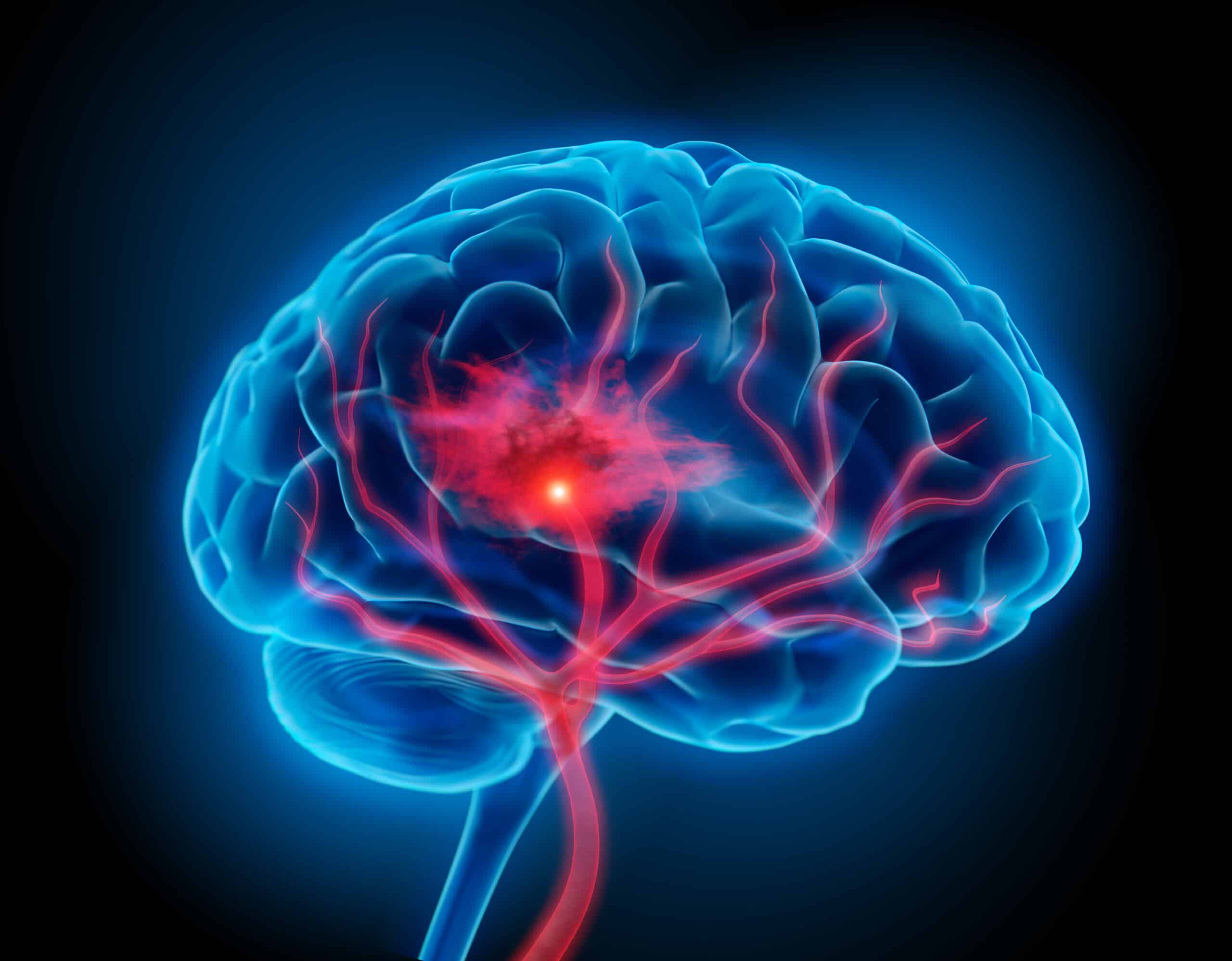Mechanism of melatonin’s beneficial effects for stroke patients
Melatonin is known as a free radical scavenger. When tissues do not receive enough oxygen, they produce a lot of free radicals that cause damage to their surroundings. The free radical damage can be measured by measuring markers of free radical damage, that’s components of tissues that have been oxidized by free radicals. Especially lipid peroxidation (degradation of fats) by-products, such as malondialdehyde, thiobarbituric acid reactive substances (TBARS), oxidized LDL cholesterol, etc. are interesting markers of free radical damage. When tissues are overwhelmed with free radicals, a phenomenon called “oxidative stress,” the levels of free radical damage markers increase in the plasma. When melatonin is given, it scavenges (neutralizes) these free radicals, thus reducing the levels of not only the free radicals but also free radical damage markers. Compared to other antioxidants, such as vitamins A and C and zinc, melatonin has two big advantages. First, it is continuously produced in the human body during the day by the digestive system and during the night by the pineal gland. You do not need to take a supplement of it to have some of it in the body. You may be deficient, but you still produce at least a minimum amount. Second, melatonin penetrates everywhere, into all tissues of the human body. It enters through fat-soluble membranes as through water-soluble compartments. Because of this ubiquity, it can produce protective effects in all tissues of the body, minimizing damage. Melatonin is particularly helpful for ischemic stroke because it fluidifies blood without making blood too fluid so that it could cause hemorrhages. That is the big difference between melatonin and anticoagulants that cause hemorrhages at overdoses.
Potent effects of melatonin against stroke, especially ischemic stroke
The antioxidant effects of melatonin may explain the efficacy of melatonin treatment in stroke and other ischemic or hemorrhagic disease pathologies, such as myocardial infarction. In experimental myocardial infarction in animals, for example, melatonin drastically reduced the damage by limiting the infarction zone to a volume 6- to 7-fold smaller than in animals that do not benefit from the protection of melatonin. Twenty years ago, a pharmacist described to me with enthusiasm his amazement about the effects of melatonin in a physician who worked with him and who had severe stroke. This physician completely recovered from the stroke by taking 20 mg of melatonin per day. The same happened with one of my sisters who more than a year ago experienced severe stroke due to a severe thrombosis in the left inferior thalamus and spectacularly recovered with high doses of melatonin. This was despite the fact that she came too late to the hospital to benefit from the classical emergency treatments. One month after she was discharged from the hospital with no aphasia and no ocular and limb paralysis anymore! The specialized neurologists of the center that took care of her consider her a miracle. Melatonin was initiated 36 hours after the stroke, normally a delay that is too late to obtain almost complete results. We managed to negotiate with the emergency care unit team that she would take some other hormone treatments we gave her, but melatonin was, in my opinion, probably the major treatment that helped her out.
Recent research has confirmed the importance of providing melatonin as quickly as possible and at high doses to markedly reduce the damage. Some years ago, there were only studies based on animal experiments. Now, recent research has confirmed in humans that melatonin can effectively reduce stroke damage.
Is melatonin the main treatment for stroke?
Melatonin is an important treatment to reduce stroke infarction, but any other treatment that can be helpful is welcome. The consequences of not sufficiently treating stroke patients are just too terrible to deprive us of any tool that can help reduce the damage. Losing part of the mind, having to walk with a cane or remain in a wheelchair, being professionally unfit, having facial and lip paralysis, paresthesia, etc. is not worth the risk of insufficient treatment. The best is probably to always include melatonin, especially for ischemic stroke, and combine it with various treatments together. The high safety of melatonin (no lethal dose has ever been found in animals!) is a reason more to include it as an important adjuvant to traditional stroke treatments.
To access the relevant data on melatonin deficiency and therapy, and their association with stroke on the International Hormone Society website, in the Evidence-based hormone therapies section (available soon).
To get practical and in-depth training in melatonin therapy, attend the hormone therapy workshop in Orlando, August 21-22, 2020. Check out the Evidence-based hormone therapy workshop here, which will be available at the A4M 28th Annual Spring Congress being held in Orlando, Florida on August 20-22, 2020.




